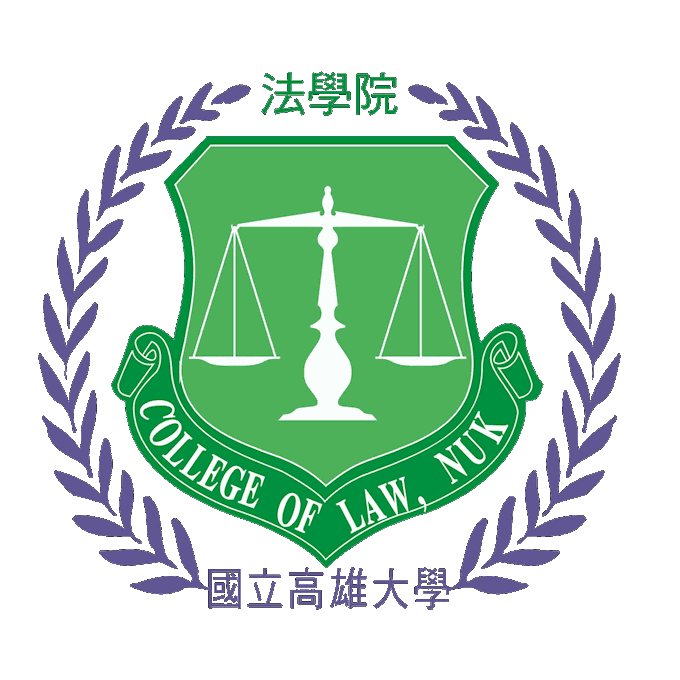

當前,名譽權與言論自由之保護衝突時,在我國民事侵害名譽權法上,產生兩個重要的問題:(1) 我國民事侵害名譽權法是否有美國侵害名譽權法上「真實惡意」原則之適用?(2) 我國刑法誹謗罪在大法官釋字第509 號解釋後,是否對民事侵害名譽權法造成改變和影響?本文從上述兩個思考點出發,先就美國侵害名譽權法作全觀性的評論,針對「真實惡意」原則之發展與適用,以及美國法之優缺點加以探論,再以我國法的角度提出疑問與省思,並與釋字第509 號解釋及刑法誹謗罪所產生的相關問題,作進一步的比較分析,進而歸納出我國民事侵害名譽權法發展新局之三項原則:(1) 「言論不實性」為言論自由保護之切入點,(2) 侵害名譽權行為人對「不實言論之認知」為言論自由保護的關鍵點,(3)「公共性」因素(公眾人物/公共議題)為言論自由保護之啟動機制,並對民事侵害名譽權法提出體系發展之建構,期能對我國民事侵害名譽權法之發展新局,提出切要的省思與展望。
When the protection of an individual’s reputation conflicts with the right of freedom of speech, two important legal issues of civil defamation law arise: (1) Is it possible to apply the American actual malice rule to Taiwanese civil defamation law? and (2)When the Justices of the Constitutional Court consider freedom of speech issues in the criminal defamation law in the Interpretation of No. 509, have they made any changes in the civil defamation law? In order to answer these questions, I first review American defamation law as a whole. This review includes the development and the application of the American rule of actual malice. I comment on the advantages and disadvantages of the American law on defamation. Second, I compare the differences between the actual malice rule and the Interpretation of No. 509 and apply three guidelines: (1) To protect false speech is the entry to the protection of freedom of speech; (2) Speakers are liable under the civil defamation law only if the speaker knew or should have known the speech was false; and (3) The public factors (i.e., speech involving a public concern or where the person spoken about is a public figure) are the crucial factors to analyze under a freedom of speech claim. Finally, based on the above discussions, I reorganize the legal system for Taiwanese civil constitutional defamation law and hope to develop a new Taiwanese civil defamation law.